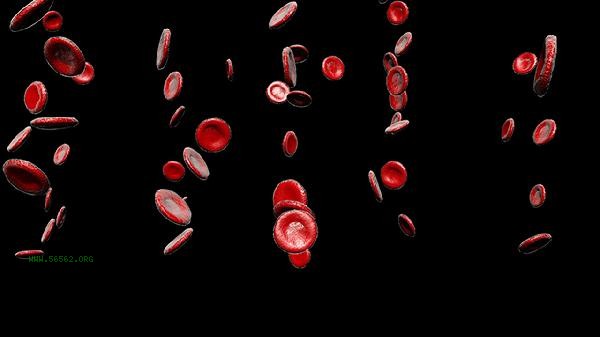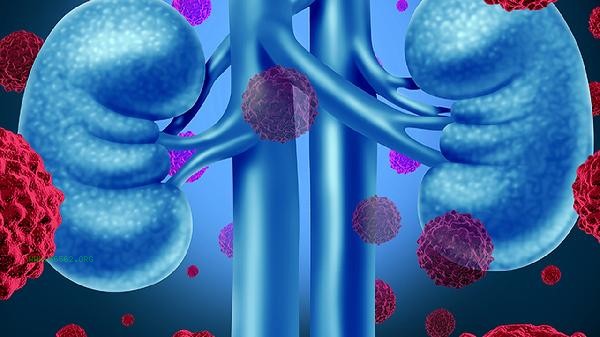Low eosinophil count may be caused by factors such as hormone use, acute infection, stress response, bone marrow suppression, endocrine disorders, etc.
1. Hormone use:

Corticosteroid drugs such as prednisone and dexamethasone can inhibit the release of eosinophils from the bone marrow. This type of medication is commonly used to treat allergic diseases and autoimmune diseases. During medication, there may be a decrease in eosinophil count, which usually gradually recovers after discontinuation.
2. Acute infection:
Acute infections such as bacterial pneumonia and suppurative tonsillitis can cause an increase in neutrophils and inhibit eosinophil production. During the infection period, symptoms such as fever and cough may occur. As the infection is controlled, the blood count will gradually return to normal. 3. Stress response: Severe trauma, major surgery, burns, and other stress states can stimulate the secretion of cortisol from the adrenal gland, temporarily inhibiting the production of eosinophils. This situation is often accompanied by stress symptoms such as increased heart rate and elevated blood pressure, and the values can rebound after the stressor is eliminated.
4. Bone marrow suppression:

aplastic anemia and chemotherapy induced bone marrow suppression can affect hematopoietic function, leading to a decrease in whole blood cells. The patient may have both anemia and bleeding tendencies, and a clear diagnosis should be made through bone marrow puncture.
5. Endocrine disorders:
Cushing's syndrome, hyperthyroidism and other endocrine disorders can cause abnormal hormone levels, indirectly affecting eosinophil production. This type of disease is usually accompanied by characteristic manifestations such as full moon face and palpitations, and requires targeted treatment for the primary disease. When eosinophils are found to be low, it is recommended to recheck the blood routine and make a comprehensive judgment based on clinical symptoms. Daily attention should be paid to recording changes in body temperature to avoid aggravating stress reactions through intense exercise. Diet can moderately increase animal liver and eggs rich in vitamin B12, ensuring sufficient sleep can help restore hematopoietic function. If there are persistent abnormalities or accompanied by other blood cell reductions, it is necessary to seek medical attention from a hematology department in a timely manner to screen for bone marrow diseases.










Comments (0)
Leave a Comment
No comments yet
Be the first to share your thoughts!